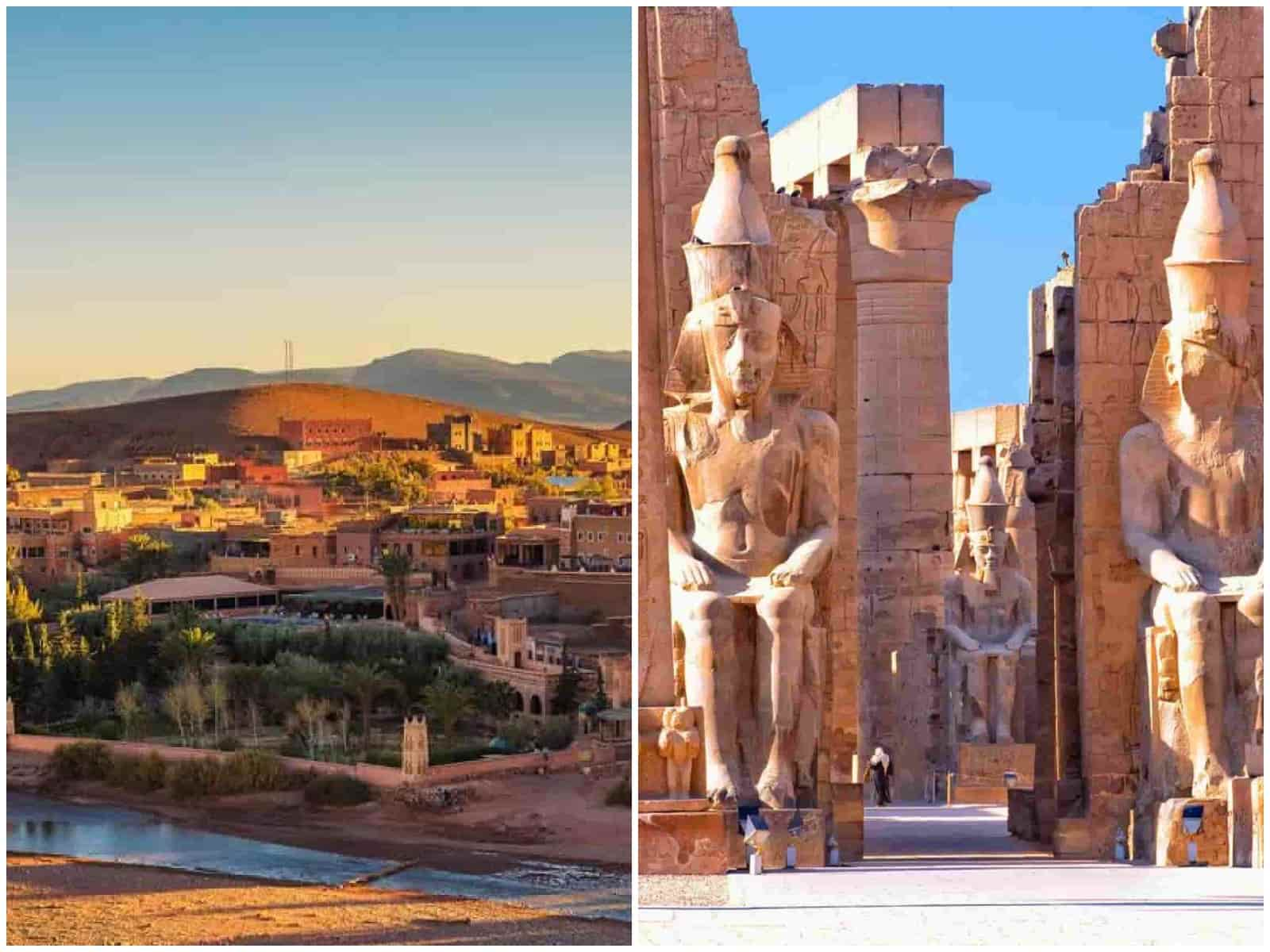What is Amun the god of?
1What is Amun the god of? The Egyptian god Amun underwent great strides to become one of the most important deities in the Egyptian pantheon. His story is entangled with that of Egypt itself,, tracing the rise and fall of pharaohs,, the building of empires,, and the search for cosmic order. The history of the god Amun, from his humble origins to his merger in glory with the sun god Re-Amun,, whose name stands for “”the hidden one” or ” “the invisible one,”,” rose in the Egyptian pantheon as an enigmatic figure, different from other deities with lofty origins and well-defined divine lineages.
Amun started his journey as a local god in the city of thieves;; his role in that early period centered on simple but essential elements for the life of the soil, fertility, which ensured sustenance,, and the invisible force of the wind found in the everyday life of that society. His image at that time was without the mightiness and power that would later depict him. He was not depicted with a high-plumed crown,, nor did he wield a divineness scepter in his early days.
The Nature of God Amun
Amun’s fundamental nature as a god of the air responsible for the vital breath that nourished existence and permeated all things leads some scholars to draw connections with the Aogdoad of Hermopolis, a group of eight primordial deities who represented the elements of creation, more specifically the relationship with Nut, who personified primordial air void and infinite space before creation sparks.
Also, debate about a possible ancestral connection was Amun, an emanation of the primordial god bearing with him the essence of creation from the very dawn of the cosmos. This fascinating scenario suggests that Amun’s nature, even in its most local shape, already carried within it the power of the universal life force.

